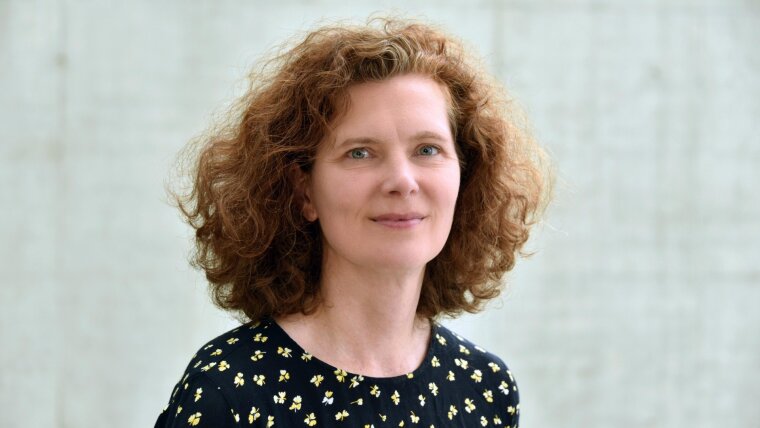
Have you looked out the window today, put on your glasses or typed a message on your phone? We come into contact with glass in almost everything we do in our everyday lives. The material is omnipresent today – so much so that we often don’t even notice it. Quite naturally, we look through it or fill it as a vessel, we illuminate buildings or adorn ourselves with it, and send data through glass in real time to every corner of the world.
It wouldn’t be an exaggeration to say that we are living in the »age of glass«. This has been underlined by the United Nations, which have declared 2022 the »International Year of Glass« (IYOG) with the aim of giving the material the awareness that does justice to its importance. Glass is nothing less than the cornerstone of our modern civilization – it has been human-made for thousands of years and has become the high-tech material for future technologies thanks to its mechanical and chemical properties, its versatility, colourfulness, brilliance and transparency.
Glass is the main topic of this issue of LICHTGEDANKEN. To mark the IYOG we present the history of glass research in Jena, which was founded here by Otto Schott in the 19th century. We will highlight various glass chemistry research projects and show how glass is being used in a variety of ways. For example, researchers are developing bioactive, soluble glass implants to help regenerate bone, unearthing the secrets of natural glass and studying glass that predates our solar system. A photo reportage documents the production of optical fibres as thin as human hair and a picture gallery highlights glass testimonies from the university’s collections.
In addition to its importance for our modern world, glass is also a real beacon of hope for a more sustainable future. Thanks to the material’s chemical resistance, it can be recycled almost infinitely and can survive undamaged for up to a million years. This is another reason why 2022 is the »Year of Glass«: clean drinking water, sustainable energy supply, infrastructure and architecture – glass plays the decisive role to achieve the majority of the Sustainable Development Goals formulated by the United Nations in its 2030 Agenda, as glass chemist Prof. Dr Lothar Wondraczek explains in the LICHTGEDANKEN interview.
I hope that our latest edition provides you with plenty of enlightening insights and new perspectives on the special material that is glass. As always, I welcome any feedback, suggestions, or criticism you may have. You can contact the editorial team and me at presse@uni-jena.de.